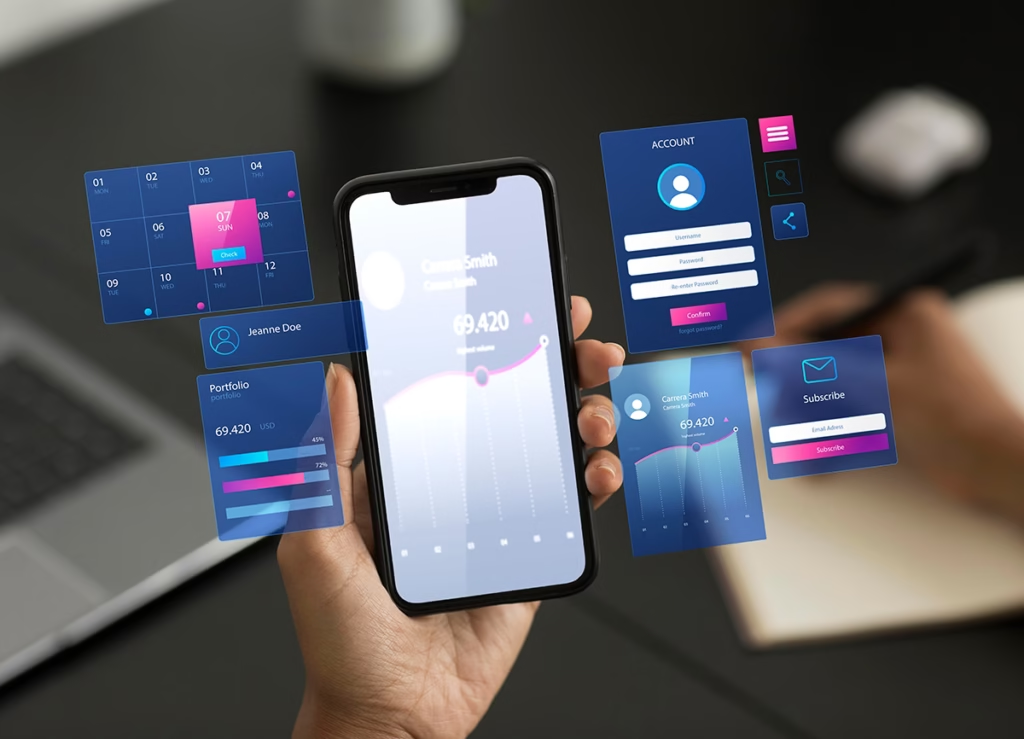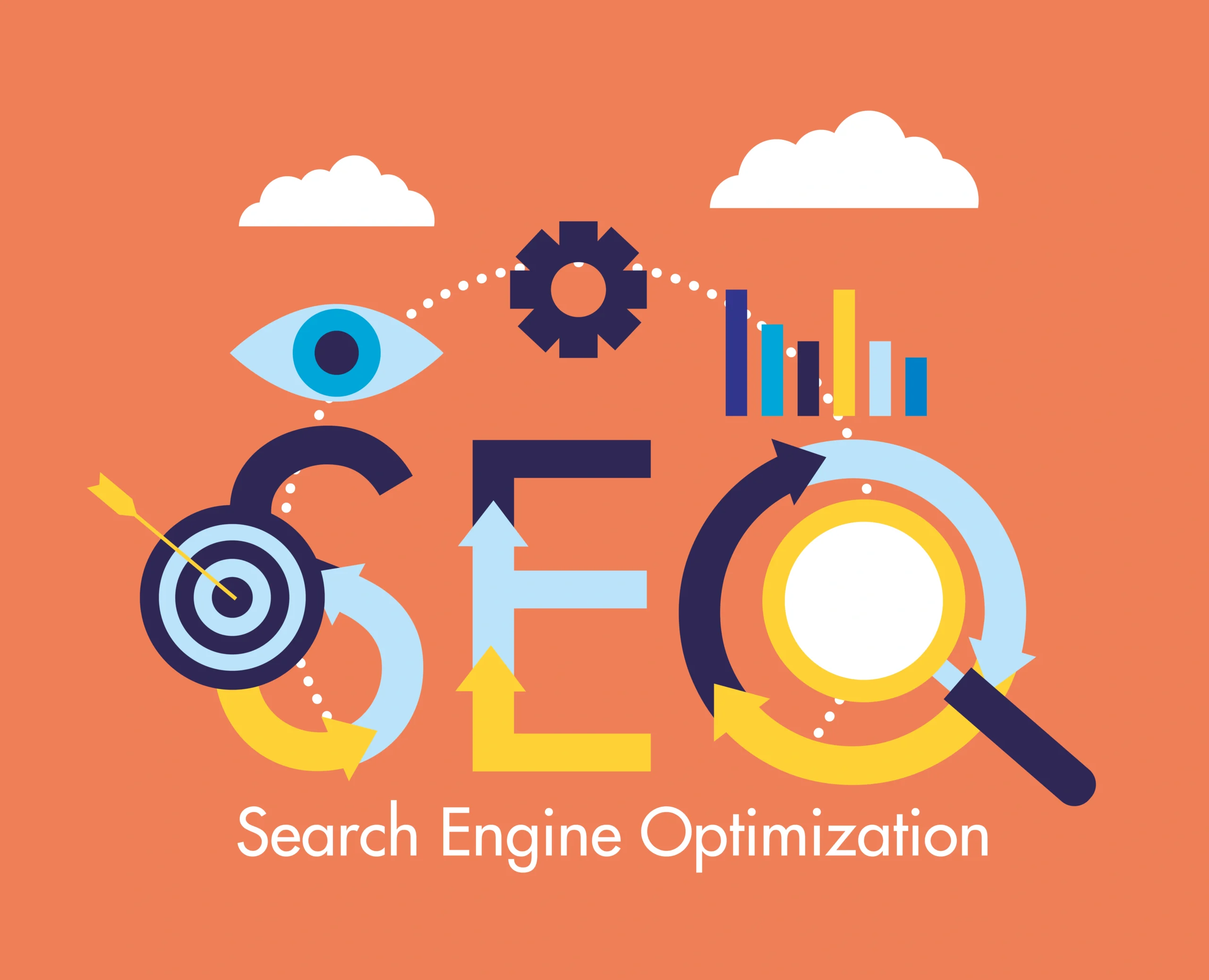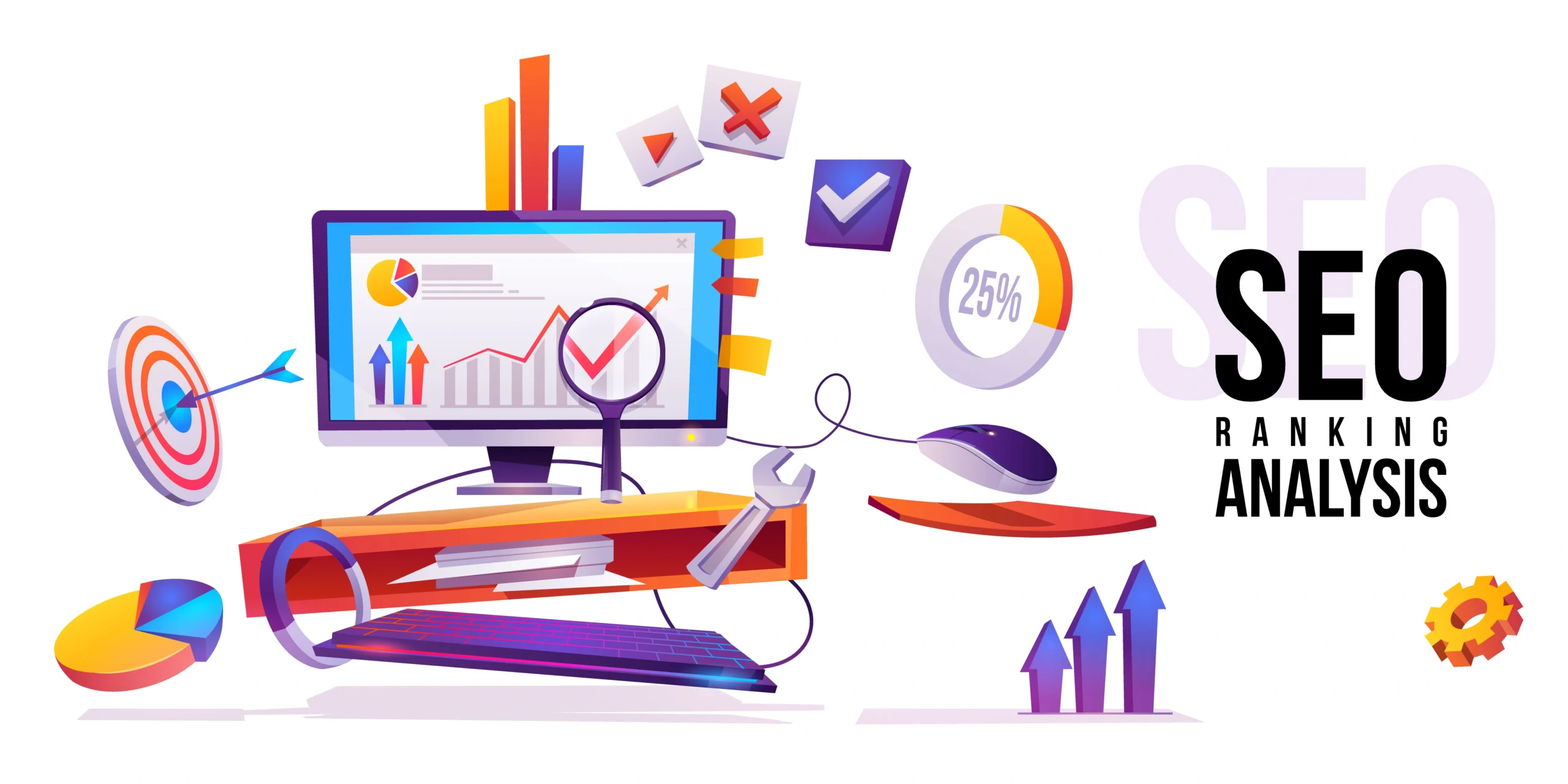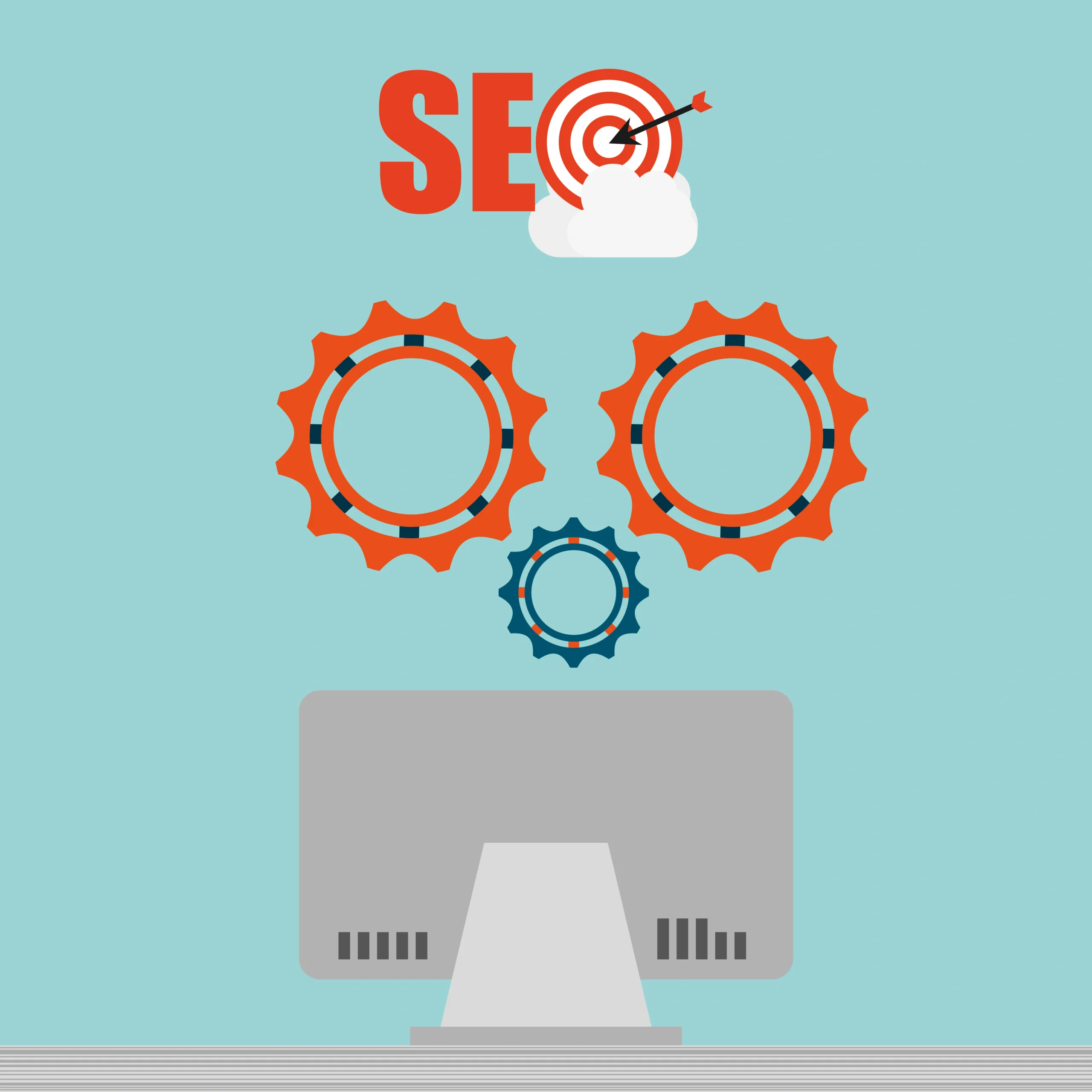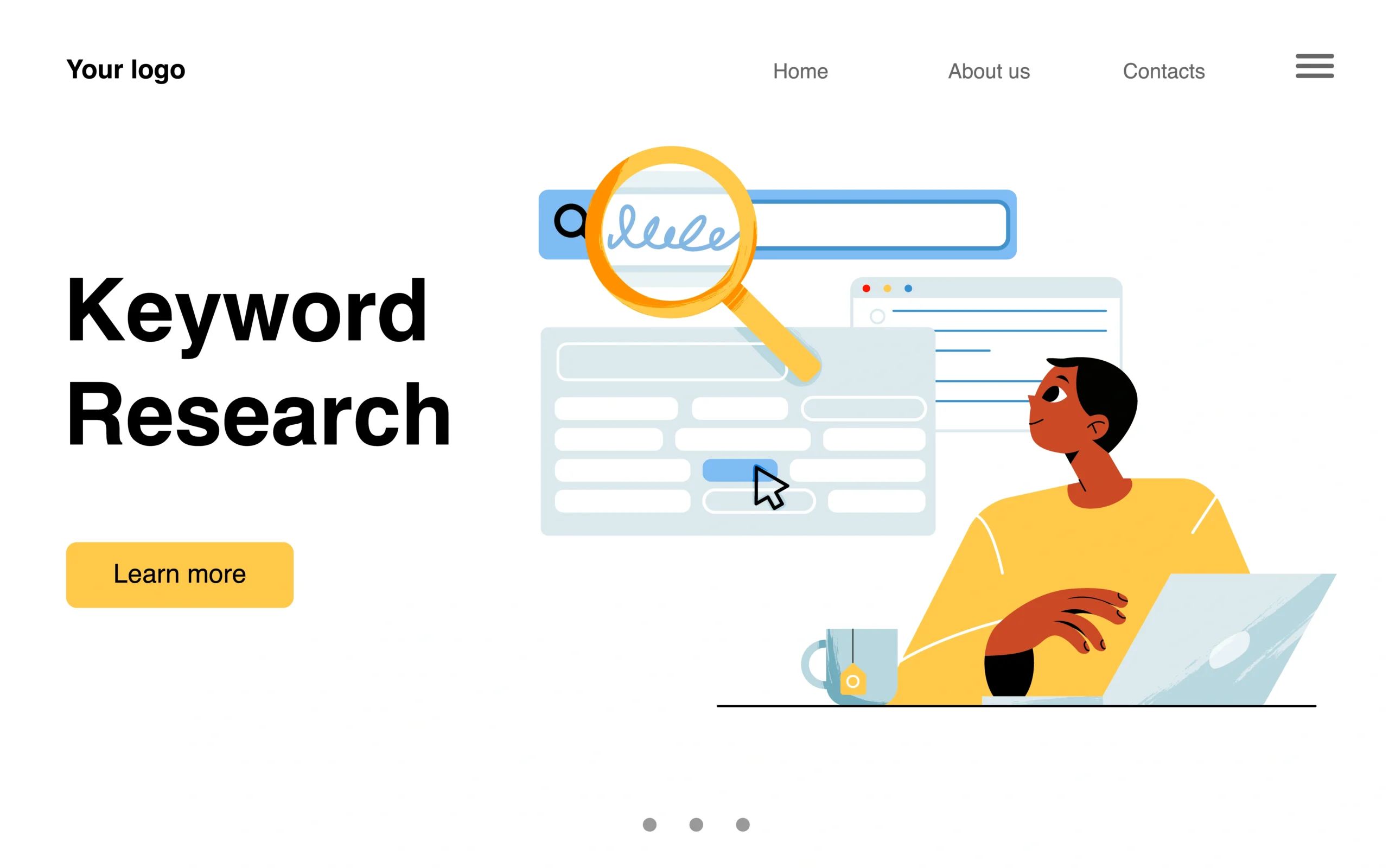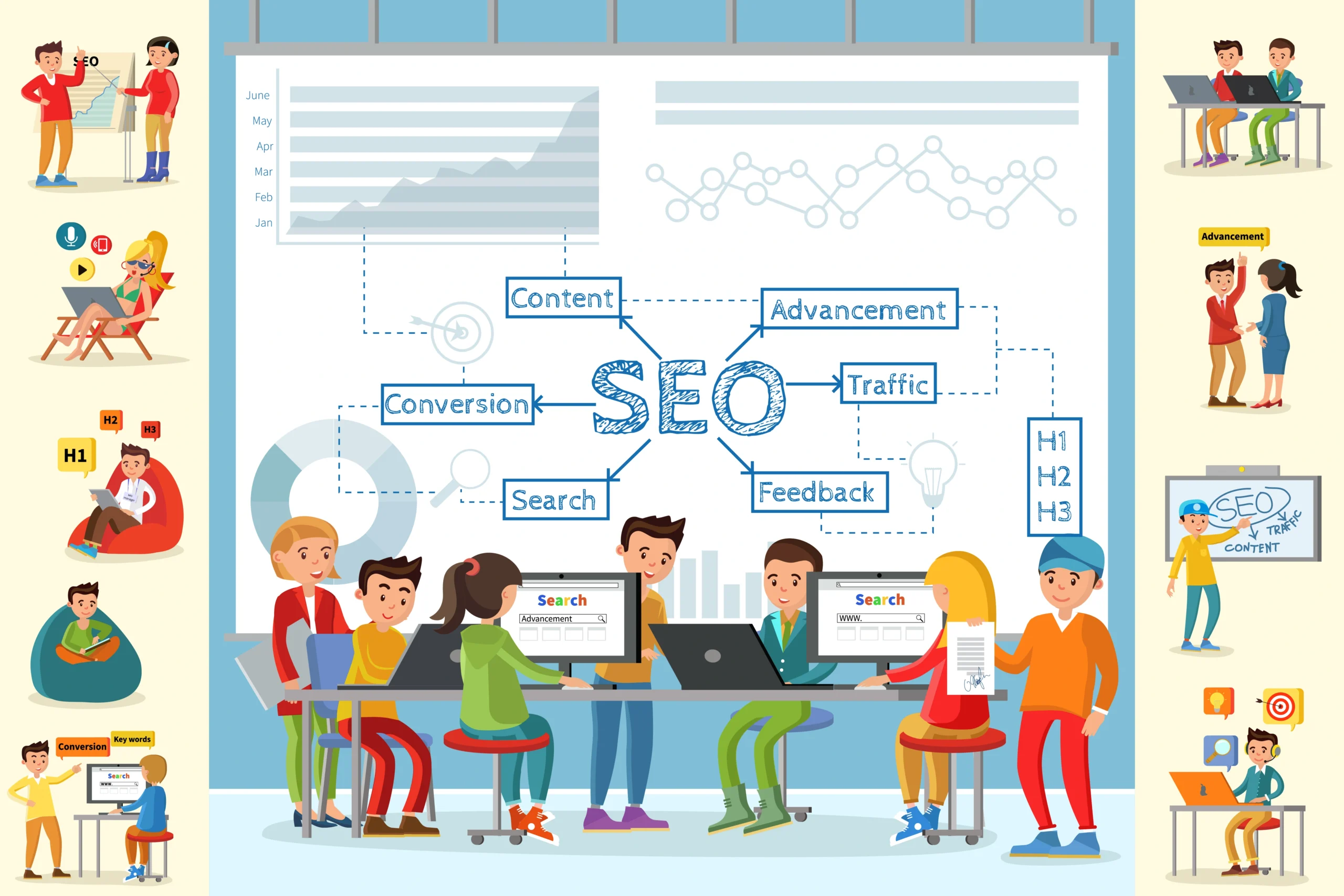Introduction to Website Design Services
Website design services encompass a broad array of offerings aimed at creating visually appealing and functional websites. In the context of Delhi, a city characterized by its rapid digital transformation and thriving business ecosystem, the significance of professional website design cannot be overstated. A well-crafted website serves as an essential tool for businesses, establishing their online presence and facilitating growth.
The primary aim of website design services is to enhance user experience by delivering a site that is not only attractive but also easy to navigate. This entails attention to detail, including layout, color scheme, typography, and overall aesthetics. Furthermore, responsive design has emerged as a critical aspect of web design, ensuring that websites perform seamlessly across various devices, including desktops, tablets, and mobile phones. As a result, businesses in Delhi increasingly recognize the relevance of investing in high-quality design to retain visitors and encourage conversions.
The landscape of website design services in Delhi is continuously evolving, driven by advancements in technology and changing consumer preferences. Designers today must stay updated with the latest trends, such as minimalistic design, asymmetrical layouts, and interactive elements, that resonate with users. Additionally, incorporating Search Engine Optimization (SEO) practices into web design has become paramount for businesses looking to improve their visibility on search engines, enhancing their potential for attracting customers.
Moreover, the competitive environment in Delhi propels businesses to differentiate themselves. A distinctive website can elevate a brand’s identity, attract a targeted audience, and foster customer loyalty. With numerous companies vying for attention in the digital sphere, the role of website design services becomes even more critical as it helps to build a robust online presence, ultimately driving success and growth in a competitive market.
Why Choose Delhi for Website Design and Development
Delhi has emerged as a prominent hub for website design and development services, offering numerous unique advantages that attract businesses from various sectors. One of the primary reasons to select Delhi for these services is its rapidly growing tech ecosystem. The city is home to a multitude of tech startups, established IT companies, and freelancers, fostering an environment rich in innovation. This dynamic landscape drives competition, which in turn encourages the development of cutting-edge solutions in website design and development, ensuring that clients have access to the latest technologies and trends.
Moreover, Delhi boasts a diverse pool of skilled professionals. The city houses numerous educational institutions that specialize in design, technology, and digital media, creating a steady supply of talented designers and developers. This abundance of skilled individuals enables businesses to find the right expertise tailored to their unique project needs. The collaborative spirit prevalent among professionals in Delhi leads to creative solutions that not only meet but exceed client expectations.
Cost-effectiveness is another significant advantage when opting for website design and development services in Delhi. Compared to other metropolitan areas, the rates for services in Delhi are often more competitive, allowing businesses to achieve high-quality results without straining their budgets. This affordability does not come at the expense of quality; instead, clients benefit from exceptional design work that maintains a good balance of functionality and aesthetics.
Delhi’s rich cultural and business diversity further influences the creative approaches taken by designers. The city’s multifaceted environment encourages professionals to draw inspiration from various sources, helping them to create tailored solutions that resonate with a broad audience. As a result, clients can expect innovative website designs that capture their brand’s essence while appealing to potential customers across different demographics. Overall, choosing Delhi for website design and development services is a strategic decision that promises quality, creativity, and value.
Types of Website Design Services Offered
In the rapidly evolving digital landscape of Delhi, various types of website design services are offered to cater to the diverse requirements of businesses. These services can be broadly categorized into four main types: custom website design, e-commerce website design, responsive web design, and user experience (UX) design.
Custom website design is primarily tailored to the specific needs and branding of a business. This service enables companies to create a unique online presence that accurately reflects their vision. Professionals in this domain work closely with clients to develop bespoke layouts, functionalities, and visuals that set them apart from competitors. Custom website design is especially relevant for businesses with specialized needs, which standard templates may not adequately address.
E-commerce website design focuses on creating online stores that facilitate the buying and selling of products and services. This type of service involves integrating secure payment gateways, shopping carts, and inventory management systems to ensure a seamless shopping experience. Given the increasing trend in online shopping, investing in effective e-commerce website design has become crucial for businesses aiming to reach a broader audience and enhance their profitability.
Responsive web design is another vital service that ensures websites function well across various devices, including smartphones, tablets, and desktop computers. With the rise in mobile usage, a responsive web design approach guarantees optimal navigation and user experience regardless of the device used. This design methodology not only improves accessibility but also significantly boosts search engine rankings, making it an essential factor for business growth.
User experience (UX) design emphasizes the overall experience of users when interacting with a website. This service involves research and processes to understand users’ behaviors, needs, and motivations. A well-executed UX design leads to intuitive navigation, appealing aesthetics, and positive engagement, ultimately driving customer satisfaction and retention. For businesses in Delhi, prioritizing UX design can enhance their online presence and lead to increased conversions.
The Website Design Process: What to Expect
The website design process is a crucial framework that guides designers and clients through the stages of creating a functional, aesthetically pleasing, and user-friendly website. Understanding this workflow enables clients to manage expectations and facilitates a smoother collaboration with professional website design services in Delhi.
The journey typically begins with the initial consultation phase. This is where designers meet with clients to discuss their visions, goals, and objectives for the website. It includes gathering essential information regarding target audiences, functionalities needed, and overall design preferences. By establishing a clear understanding during this phase, designers can align the project scope with client expectations.
Following the consultation, requirements gathering takes center stage. At this point, designers begin to delve deeper into the specifics of the project. They may produce detailed documentation that outlines technical specifications, content requirements, and any additional features desired, such as e-commerce capabilities or membership sections. This provides a roadmap that guides the design process and ensures all parties are on the same page.
Next, designers create design mockups. These visual representations offer stakeholders a glimpse of the proposed layout, color schemes, and overall aesthetics. Feedback from clients during this stage is invaluable, allowing for necessary adjustments before moving on to the development phase. Designers focus on usability and user experience, ensuring that navigational elements are intuitive and engaging.
Once the design is finalized, the development phase commences. Here, the actual website is built based on the approved mockups. Developers code the site, integrating various elements and functionalities as specified in the requirements documentation. Regular check-ins may occur to ensure that the project adheres to the proposed timeline.
Testing is a vital component that follows development. This phase is aimed at identifying any issues or bugs that need addressing before the site goes live. Multiple aspects, such as responsiveness, loading times, and user experience, are thoroughly assessed to ensure the website functions seamlessly across different devices and platforms.
Finally, the last phase is the website launch. This is when the site goes live and is made accessible to the public. A successful launch involves monitoring initial performance metrics and addressing any post-launch adjustments rapidly. Each phase outlined here serves a specific function in the website design process, ultimately contributing to a successful website that meets both client and user needs.
Essential Features of a Modern Website Design
In today’s digital landscape, creating an effective website entails more than just aesthetic appeal; it requires a strategic approach that encompasses several critical elements. One of the foremost features is mobile responsiveness. With an increasing number of users accessing websites through mobile devices, ensuring that a website is optimized for various screen sizes is essential. A mobile-responsive design not only enhances user experience but also plays a significant role in search engine ranking.
Another integral factor is fast loading times. Research consistently shows that users are likely to abandon a website if it takes longer than three seconds to load. Therefore, modern website design services prioritize optimizing images, minimizing code, and leveraging caching techniques to reduce loading times. Faster websites lead to improved user satisfaction, higher engagement rates, and better conversions.
Additionally, a website that is SEO-friendly is crucial for visibility. By incorporating elements like optimized URLs, meta tags, header tags, and alt text, a site can improve its search engine rankings, thereby attracting more organic traffic. A proficient website design not only focuses on appealing visuals but also seamlessly integrates SEO best practices to ensure higher discoverability.
Intuitive navigation is yet another critical component. A well-structured navigation menu enables visitors to find information with ease, significantly affecting user retention. Code should allow for smooth access to important pages, mirroring an ergonomic layout that anticipates user behavior.
Lastly, engaging visuals, including high-quality images, videos, and interactive elements, are vital in capturing visitors’ attention. The integration of visuals that aligns with brand identity can enhance storytelling and keep users engaged. By incorporating these essential features, a modern website can substantially enhance user experience and achieve business objectives in an increasingly saturated market.
Choosing the Right Website Design Company in Delhi
Selecting the appropriate website design company in Delhi is a critical decision that can significantly impact your business’s online presence. The first step in the evaluation process is to look at the portfolios of potential agencies. A well-curated portfolio provides invaluable insight into the design style, creativity, and range of expertise the company possesses. It is important to assess whether their previous projects align with your vision and functional needs, ensuring that their design capabilities resonate with your brand identity.
Client testimonials are another essential consideration. Reading reviews from past clients offers a glimpse into the company’s reliability, professionalism, and the quality of customer service provided. Look for feedback that highlights their responsiveness during the project and their ability to meet deadlines. It is also beneficial to seek out case studies that demonstrate successful collaborations, showcasing how they have solved challenges for other businesses similar to yours.
Understanding the pricing models is crucial in the selection process. Many companies offer varying packages based on complexity and features. It is wise to choose a company that is transparent about its pricing structure and provides a detailed breakdown of costs. This will help prevent unexpected expenses down the line and ensure that you receive services that are appropriately aligned with your budget.
Finally, assess the level of customer support offered by the agency. A responsive and helpful customer support team can make a considerable difference, especially during the design phase and beyond. It is advisable to gauge their communication skills and willingness to assist during your initial conversations. Aligning the agency’s expertise and services with your specific goals will ultimately guide you toward making an informed choice that best suits your website design needs in Delhi.
Cost of Website Design Services in Delhi
The cost of website design services in Delhi is influenced by a myriad of factors, encompassing the project’s complexity, the range of features required, and the specific design aesthetics desired by the clients. Different service providers may adopt varying pricing models, including fixed pricing, hourly rates, or project-based costs, leading to a diverse range of expense estimates for businesses looking to establish or upgrade their online presence.
When evaluating the cost, one must consider the scope of the website. For instance, a basic informational website with a few static pages may range from INR 15,000 to INR 30,000. In contrast, a more complex website featuring e-commerce functionalities, custom graphics, and advanced features can cost anywhere from INR 50,000 to over INR 2,00,000, depending on the level of customization and the target audience engagement strategy.
Furthermore, the choice between a freelance designer and an established web design agency can also affect pricing. Freelancers may offer services at a lower cost due to reduced overhead expenses, whereas agencies might cater to clients with comprehensive offerings, including ongoing support, search engine optimisation, and digital marketing integration, which can justify a higher price point. For example, a project undertaken by a freelancer could be completed for INR 30,000, while a similar project managed by an agency could start at INR 75,000 due to their enhanced service portfolio.
To budget effectively, businesses should carry out research on the local market and solicit multiple quotations, ensuring to clarify which services and features are included in the proposed costs. By taking these factors into account, organizations in Delhi can make informed financial decisions that align with their web design requirements and overall business goals.
Case Studies: Successful Projects in Delhi
The website design landscape in Delhi has witnessed remarkable achievements, driven by innovative agencies that deliver tailored solutions to various clients. One notable project involved a prominent e-commerce brand that struggled with low conversion rates. The design agency conducted an in-depth analysis and identified usability issues that hindered user experience. The solution encompassed a complete redesign focused on intuitive navigation, vibrant visuals, and streamlined checkout processes. Following the implementation, the client reported a substantial 40% increase in sales within just three months, highlighting the power of effective website design.
Another extraordinary case involved a local non-profit organization striving to increase community engagement through their online platform. The existing website was outdated and lacked mobile responsiveness, making it difficult for users to access information on various devices. The agency introduced a modern design that not only enhanced aesthetics but also integrated donation functionalities and event management tools. This overhaul resulted in a 70% rise in mobile traffic and greater participation in fundraising events, demonstrating how strategic website design can amplify outreach and influence an organization’s mission.
Additionally, a financial services firm required a revamp of its corporate website to reflect its growth and evolving brand identity. The existing layout was cluttered, lacking a professional touch. The design team collaborated closely with the client and developed a clean, modern interface featuring compelling visuals and clear calls-to-action. The project included optimizing the site for search engines, which subsequently enhanced visibility. Post-launch analytics showed a 50% increase in site traffic and improved client inquiries, underscoring the effectiveness of thoughtful website design in enhancing brand perception and client engagement.
Future Trends in Website Design Services
The field of website design services in Delhi and globally is poised for a transformative evolution influenced by rapid technological advancements. One significant trend that is expected to gain momentum is the integration of artificial intelligence (AI). AI-driven solutions will facilitate personalized user experiences, enabling websites to adapt in real-time to user preferences, enhancing engagement, and improving conversion rates. For businesses, this entails investing in tools that harness AI capabilities to analyze user data effectively.
Another emerging trend is the implementation of voice user interface (VUI) design. As voice-activated devices become increasingly prevalent, optimizing websites for voice search will be critical. Designers will need to focus on conversational designs that cater to how users interact with these devices. Adopting VUI can effectively enhance usability and accessibility, thereby enabling businesses to reach a wider audience.
Moreover, augmented reality (AR) and virtual reality (VR) technologies are set to transform user engagement within website design services. These immersive experiences allow users to interact with products in a realistic virtual environment. Companies that integrate AR capabilities—such as virtual try-ons or interactive product demonstrations—can significantly differentiate themselves in a competitive market. Furthermore, this trend aligns with the growing consumer expectation for innovative and engaging digital interactions.
As mobile usage continues to dominate, the emphasis on responsive and adaptive design will remain paramount. Future website design services will prioritize mobile-first approaches, ensuring that the user interface seamlessly transitions across various devices. This focus on mobile optimization will be crucial as online behaviors evolve, driven by convenience and accessibility.
In addressing these future trends, businesses must remain agile, adapting their website strategies to incorporate these advancements. Staying informed and responsive to emerging technologies will be essential for those seeking to maintain a competitive edge in the evolving landscape of website design services.

